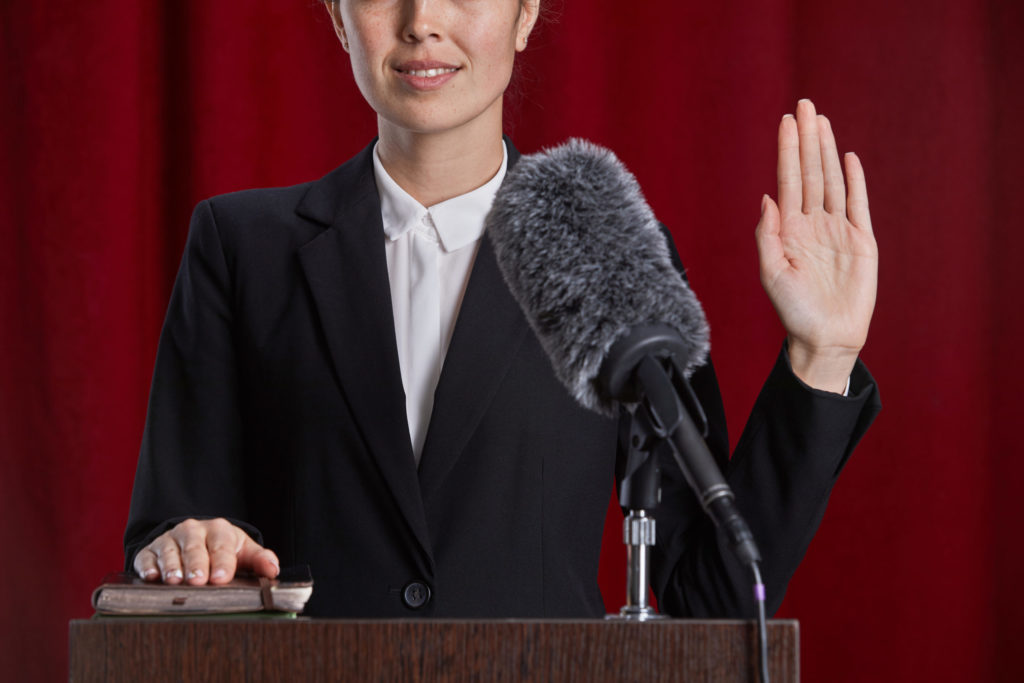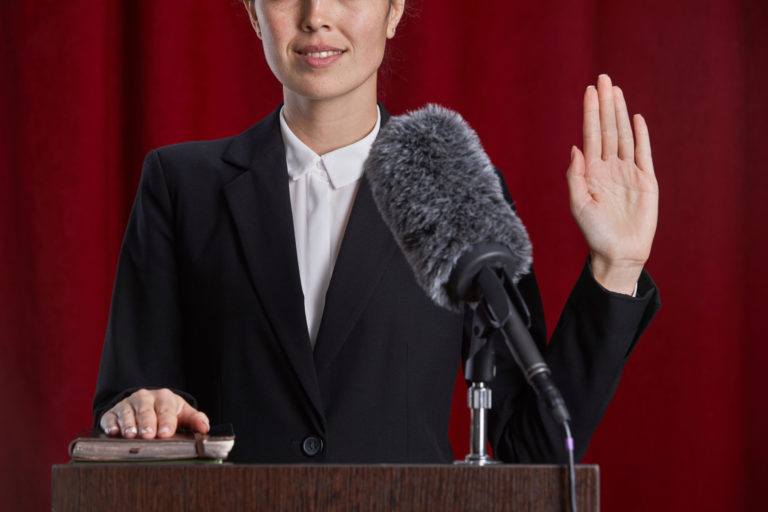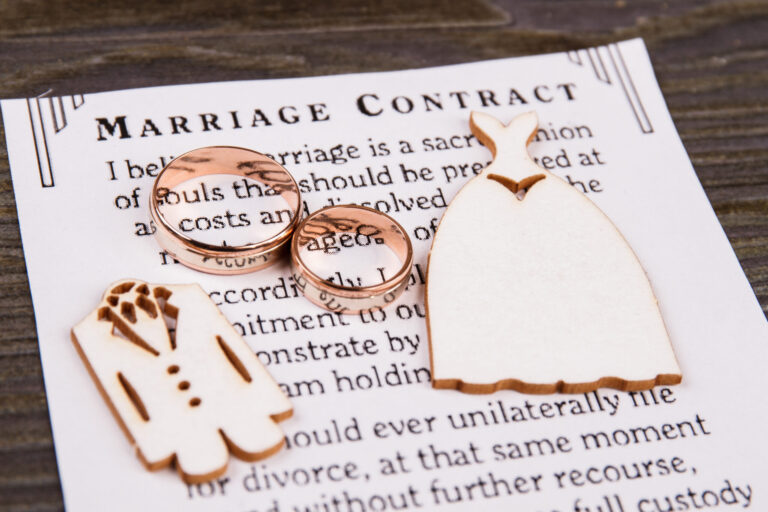There have been countless cases settled in state and federal courts where witness testimony has had an impact on the trial and proceedings. But how much do expert witnesses actually affect litigation and the case verdict?
The use of expert witnesses in court cases can have a significant impact on the verdict. In this article, we will discuss the use of expert witnesses, the impact they can have in litigation law, and the factors that should be considered when selecting an expert witness.
What is an expert witness?

Expert witnesses are individuals who are brought in to offer their professional opinion on a certain topic that is relevant to the case. They can offer testimony about what they observed during the case, what they believe happened, and their professional opinion on what should happen next. Their testimony can help educate the jury about what they know about the topic and how it relates to the case. In some cases, expert witnesses may be able to provide information that is not available to other parties involved in the case. This information can be helpful in determining what happened during an event or incident and how it may have impacted the outcome of the case. Their testimony can be especially influential in court cases, as it can help to sway the jury’s decision.
In some cases, expert witnesses may not be allowed to testify if their opinions are not based on facts that are admissible in court. This means that they cannot offer their opinions about things that they could not have seen or heard themselves. Additionally, expert witnesses must be unbiased and impartial in order to provide accurate testimony. If it’s found that an expert witness has been biased towards one side of the case, their testimony may not be allowed in court.
Expert witnesses can bring risks.
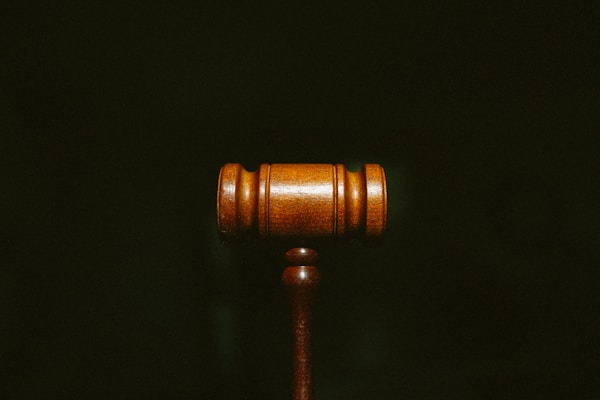
There is always a risk that expert witnesses may not be accurate in their testimony. This could be due to bias, lack of knowledge about specific details related to the case, or simply making mistakes when giving their opinion. When this happens, it can impact the verdict of a case by causing jurors to doubt what they have heard from other witnesses or by providing them with information that is inaccurate.
In some cases, an expert witness may be called by one side of a case but end up testifying for the other side. This can happen when new evidence comes to light that contradicts their original testimony. In other cases, expert witness may change their opinion after studying the evidence more closely. This can lead to them potentially impacting the outcome of a case.
As a result, it’s important for litigators who are using expert witnesses in their cases to ensure that they select qualified individuals who will provide accurate information that can help support their argument.
When is it appropriate to use an expert witness in a court case?
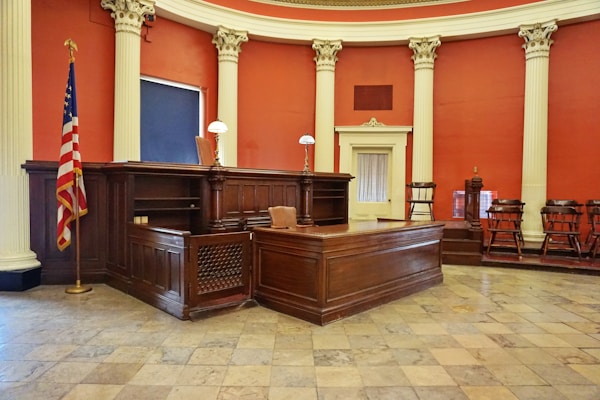
Expert witnesses can be used in civil or criminal trials to provide information that is not within the knowledge of the average person. In order for a party to introduce expert testimony, the party must show that the testimony will help the jury understand the evidence or determine a fact in issue. The party must also establish that the witness is qualified to testify on the subject matter.
The use of expert witnesses can drastically impact the outcome of a court case. In some cases, experts may be able to sway a jury’s opinion, the judge, or both. Additionally, expert testimony can be expensive and time-consuming. Therefore, litigators should weigh the benefits and risks of using an expert witness before deciding whether or not to do so.
Expert witnesses significantly impact litigation and the verdict.
Overall, the use of expert witnesses in court cases can have a significant impact on the verdict. Their testimony can help to clarify complex legal issues and provide impartial expert opinions that can be persuasive to the jury.

